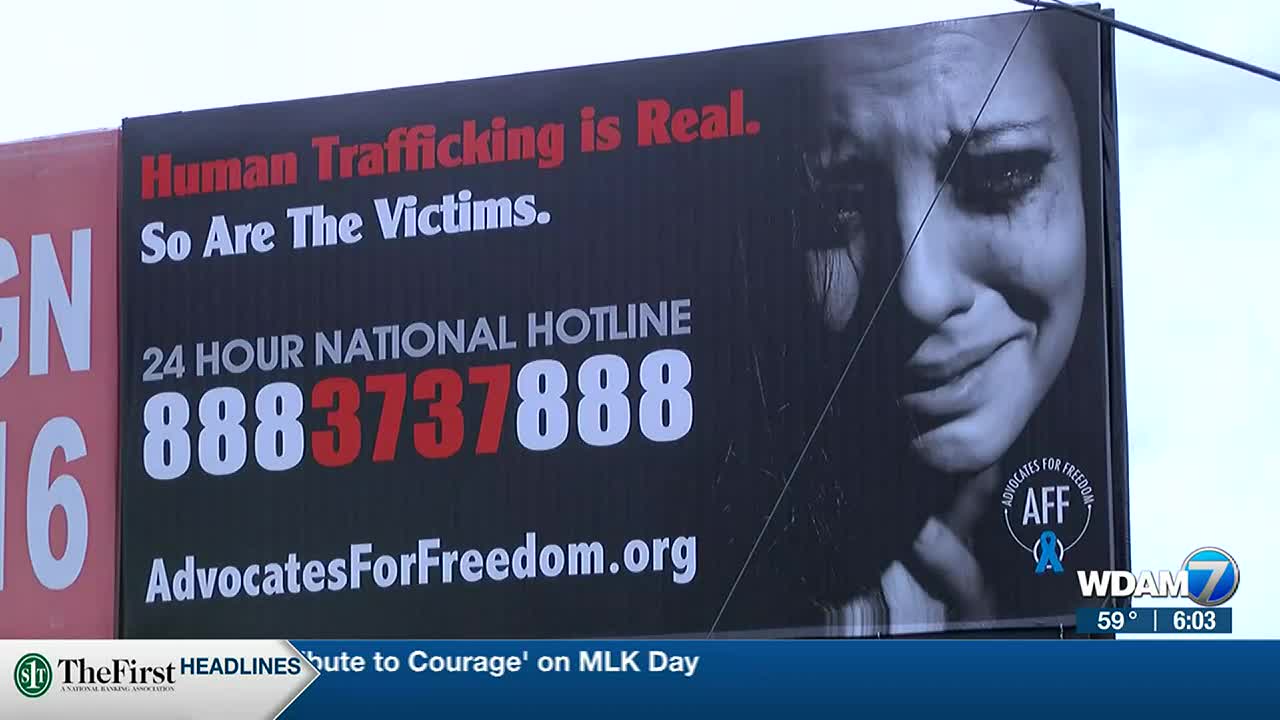
NGOCSTIP – Advocacy for victim-centered anti-trafficking policies is gaining momentum worldwide. Survivors’ rights and needs are becoming central to legal reforms. These changes aim to ensure better protection, support, and dignity for trafficking victims. Governments and organizations recognize that effective policies must prioritize survivors. This approach improves recovery outcomes and enhances justice efforts. Victim-centered frameworks emphasize trauma-informed care and empowerment. Such policies shift the focus from punishment to healing. Advocacy groups play a vital role in pushing these reforms forward.
Survivors of human trafficking face complex physical and psychological challenges. Without proper support, recovery becomes difficult and incomplete. Traditional laws often overlook the unique needs of victims. Many survivors experience re-victimization within the legal system. Victim-centered policies seek to prevent this by prioritizing their well-being. These laws promote access to healthcare, legal aid, and safe housing. They also protect confidentiality and privacy at every step. Importantly, victims are involved in decision-making about their cases. This inclusion helps restore their sense of control and dignity.
“Read about: Economic Empowerment: Reducing Trafficking Through Sustainable Income”
Advocates push for laws that recognize trafficking victims as survivors, not criminals. Some policies reduce or eliminate penalties for victims involved in illegal acts under coercion. Laws are evolving to provide specialized courts or trained personnel for handling trafficking cases. Legal reforms also focus on providing long-term support services. Survivors benefit from counseling, job training, and educational programs. Additionally, compensation schemes are being improved to address victims’ losses. These reforms reflect growing awareness of the trauma experienced by victims. They also promote a more just and compassionate legal system.
Advocacy organizations are essential in raising awareness about victim rights. They collaborate with governments to draft and promote new legislation. Many groups offer direct support services to survivors. These services include shelter, healthcare, and legal representation. Organizations also conduct training for law enforcement and judicial officials. This training improves sensitivity and understanding of trafficking complexities. Advocacy efforts extend to public campaigns that educate communities. By amplifying survivors’ voices, they help shape policies that truly meet needs. Partnerships between NGOs, policymakers, and survivors drive meaningful change.
“Read more: Why Are More Kids Struggling? Inside the Child Mental Health Epidemic”
Despite significant progress, several challenges still hinder full implementation. Moreover, limited funding severely restricts the availability of comprehensive support services. In some regions, a lack of trained professionals prevents trauma-informed care delivery. Unfortunately, cultural stigmas and victim-blaming attitudes continue to persist in many societies. Consequently, these attitudes often discourage survivors from seeking help or justice. Additionally, coordination between agencies is frequently insufficient, leading to service delivery gaps. Furthermore, legal protections may be inconsistently applied or enforced. Therefore, continuous advocacy for victim rights is needed to overcome these barriers. Importantly, monitoring and evaluation systems must also be strengthened to track progress effectively. Ultimately, sustained efforts will improve outcomes for trafficking survivors everywhere.
Policymakers must ensure survivors remain central to anti-trafficking efforts. This requires sustainable funding and cross-sector collaboration. Engaging survivors in policy development enriches the process and outcomes. Training programs must expand to include all actors involved in victim support. Communities also need education to reduce stigma and foster empathy. Technology can assist in connecting survivors with resources efficiently. International cooperation enhances the sharing of best practices globally. Ultimately, victim-centered policies build a more humane and effective response to trafficking.